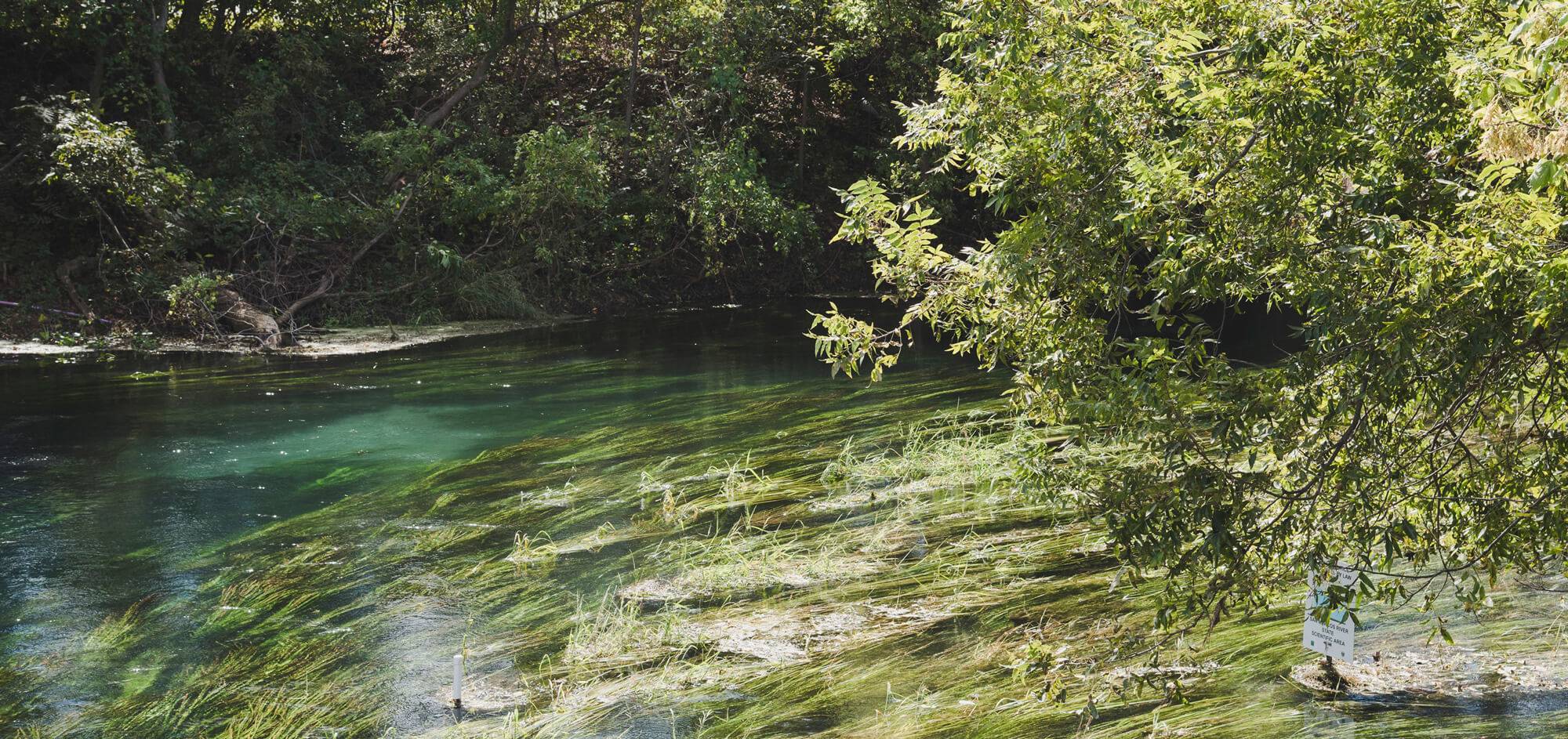Households & Stormwater
Stormwater pollution prevention does not end after work or school. In fact, many day-to-day activities that are performed in the comfort of your own home have the potential to impact nearby waterbodies. For instance, household yards, gardens, roofs, and driveways are common spaces where stormwater pollutants can be found if best practices are not utilized. When it rains, some of the rain water will soak into the ground, but some of it may pick up pollutants and flow as stormwater runoff. This stormwater runoff, along with the household pollutants it picked up, will make it's way to the nearest storm drain and enter the river untreated and unfiltered. However, small changes to our day-day to day activities can have a great impact on limiting stormwater pollutants. Educating ones self on what tasks can possibly result in stormwater pollution and how to prevent it can go a long way in protecting our river.
Household Pollution Prevention
From caring for your lawn to disposing of waste properly, there are many easy changes you can incorporate in order to prevent stormwater pollution. Explore the different categories and practices below to see how stormwater pollution prevention practices can fit in your daily life.
Care For Your Yard
Yard Chemicals
Only use fertilizers or pesticides on your yard after a rain event to give the chemicals time to settle on the soil and plants.
Autumn Leaves
Rake up the leaves in your yard to dispose of in your green waste bin to prevent them from clogging storm drains or covering the river.
Dog Waste
Always pick up after your dog. Dog waste contains harmful bacteria that can pollute the river.
Dispose of Waste
Fats, Oils, Grease (FOG)
FOGs should never be put down the sink or storm drain. Place FOGs in a sealable container to dispose of in the trash.
Trash
Keep trash off the ground. Outdoor trash should be stored in a trash can with a trash bag and lid to prevent windblown trash.
Care For Your Car
Car Maitenance
Service your car regularly to prevent fluids from leaking on the ground and entering the river. When changing vehicle fluids, always use a drip pan.
Car Wash
Wash your car at a serviced car wash. If you decide to wash your car at home, do it in a location so that the water drains to a grassy location.
Car Wash Detergents
If washing your car at home, use biodegradable, phosphate free soaps. Make sure to dump any leftover soapy/dirty water to the shower drain or toilet.
